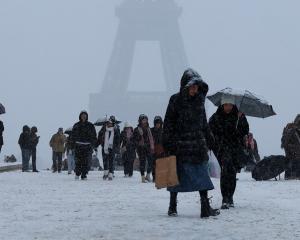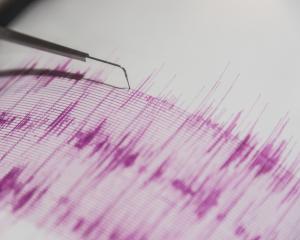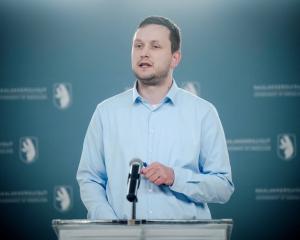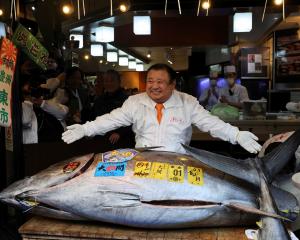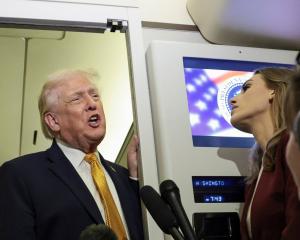
"We have agreed that we will start the talks on Feb. 18 at the U.N. building in Vienna," Ashton said after what she described as a "really interesting" meeting with Iranian Foreign Minister Mohammad Javad Zarif at the Munich security conference.
"It's a good change of venue to the U.N. office (in Vienna). We are looking forward to seeing you in Iran soon," Zarif said.
Iran has invited Ashton, who coordinates the nuclear talks on behalf of the United States, Russia, China, Britain, France and Germany, to visit the country and she has said she will go soon.
The six powers have held years of negotiations aimed at persuading Iran to curb parts of its nuclear programme, which Western powers fear is aimed at creating atomic weapons capabilities. Iran denies this.
A Nov. 24 interim deal between Iran and the five permanent U.N. Security Council members plus Germany took nearly two months to clinch in three rounds of talks in Geneva last year.
Under the interim deal, which is valid for six months and can be renewed, Iran agreed to suspend its most sensitive nuclear activity in exchange for a limited easing of Western sanctions that are damaging its oil-reliant economy.
Talks are now set to begin on a definitive agreement.
WESTERN "ILLUSIONS"
Iranian President Hassan Rouhani said last week Iran is seeking a comprehensive agreement so it can develop its battered economy, inviting Western companies to seize opportunities now.
The Russian news agency Interfax quoted Mikhail Ulyanov, head of the Foreign Ministry's security and disarmament department, as saying earlier on Friday that an agreement had been reached to hold new talks on Feb. 18 in New York, but the EU said then that discussions were still under way.
In an interview with Iran's state-run Press TV in Munich on Friday, Zarif said there was a mistaken belief in the West that the economic sanctions had forced Iran to seek an agreement on its nuclear programme.
"I think these illusions should be set aside," he said.
Western governments should accept that "Iran is coming to the negotiating table in order to show its nuclear programme is exclusively peaceful and in order to remove a source of concern for our region and the international community," he said.
A new type of relations would take shape between Iran and the West if the Western countries came to the negotiating table with the intention of reaching an agreement, Zarif said.

